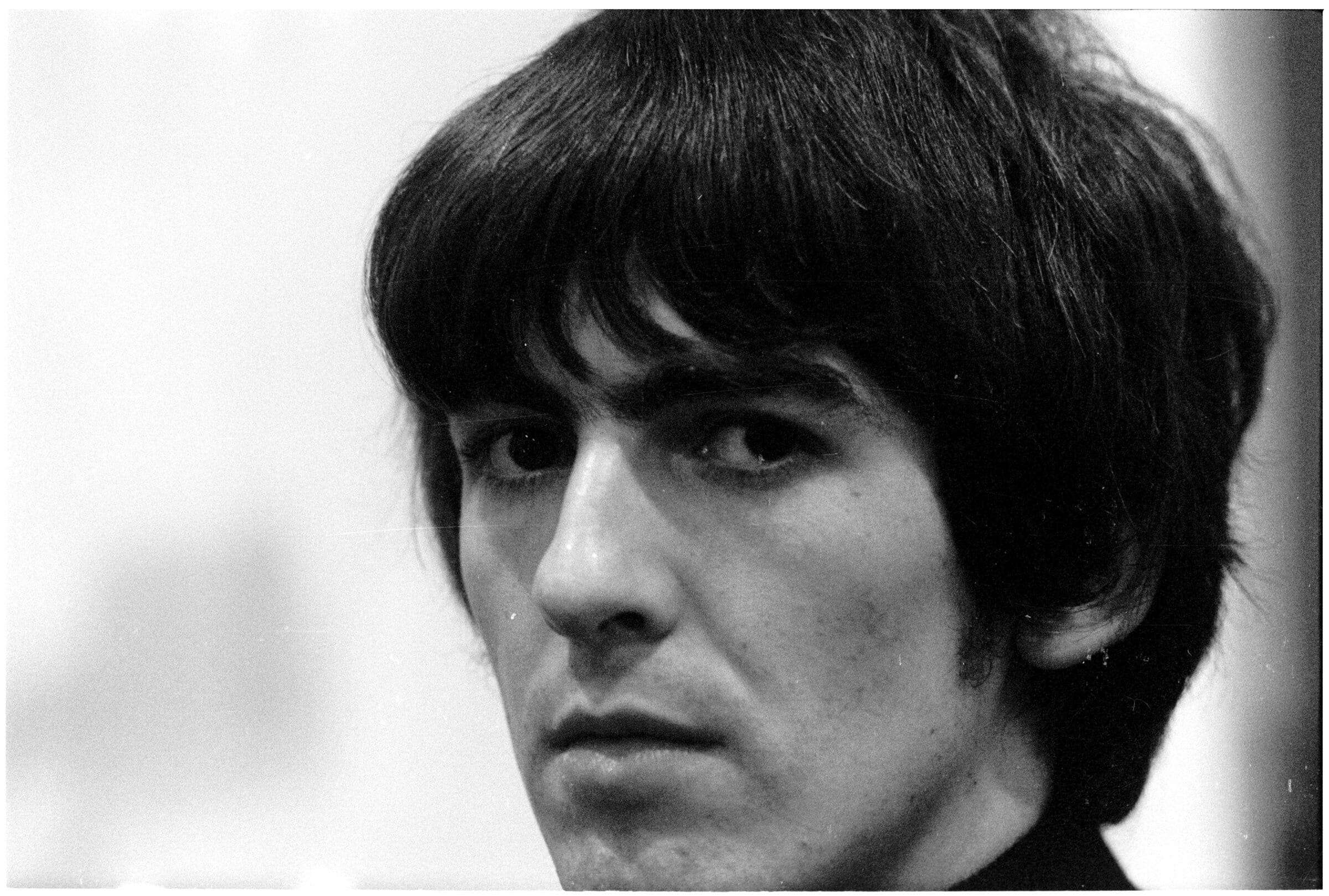George Harrison: Living in the Material World

It’s difficult to believe that we lost George Harrison almost ten years ago. Martin Scorsese’s new George Harrison: Living in the Material World meticulously recounts his life story, from his birth in 1943 in a war-ravaged Liverpool, to the maelstrom that was the Beatles, to his solo artist years, to his later life until it ended way too soon when he died of cancer (although, as you’ll see when you watch the film, Harrison probably wouldn’t have believed that he died before his time).
George Harrison was in many ways the most mysterious of the four Beatles. John and Paul were the songwriters and each was the other’s foil; Ringo anchored them all with a steady backbeat and a million-dollar smile. George, on the other hand, was known as “the quiet one” for the most part because he was so enigmatic. One of the best illustrations of this characteristic is a story George Martin tells in the film about the Beatles’ first Parlophone recording session in 1962. They were incredibly green, shy, and in awe of the entire process. After they finished steamrolling through several songs (time was money – especially then – and they were only allotted just so much time to lay the tracks down), producer George Martin (who had them in thrall because he also produced the seminal British comedy troupe The Goons) asked if there was anything they didn’t like in general, probably just being polite to these four country lads whom he must have believed to be a flash in the pan.
John and Paul sat quietly, not daring to say a word. Ringo was still the new guy, and certainly wasn’t about to say anything. In fact he only played on some of the tracks, because George Martin didn’t trust his drumming yet. George Harrison slowly drawled, “Well for a start, I don’t like your tie.” That comment really sums up his personality – still waters run deep, as they say. No one really had a clue what he was truly about until his amazing triple solo album, All Things Must Pass, was released in 1970. “I will never forget the first time I heard All Things Must Pass, the overwhelming feeling of taking in that all glorious music for the first time,” says Scorsese. “It was like walking into a cathedral. George was making spiritually awake music – we all heard and felt it – and I think that was the reason that he came to occupy a very special place in our lives.”
-

-

-

-

-

-

-

-

-

-

-

-

-

-

-

-

-

-

-

-

-

-

-

-

-

-

-

-

-

-

-

-

-

-

-

-

-

-

-

-








































